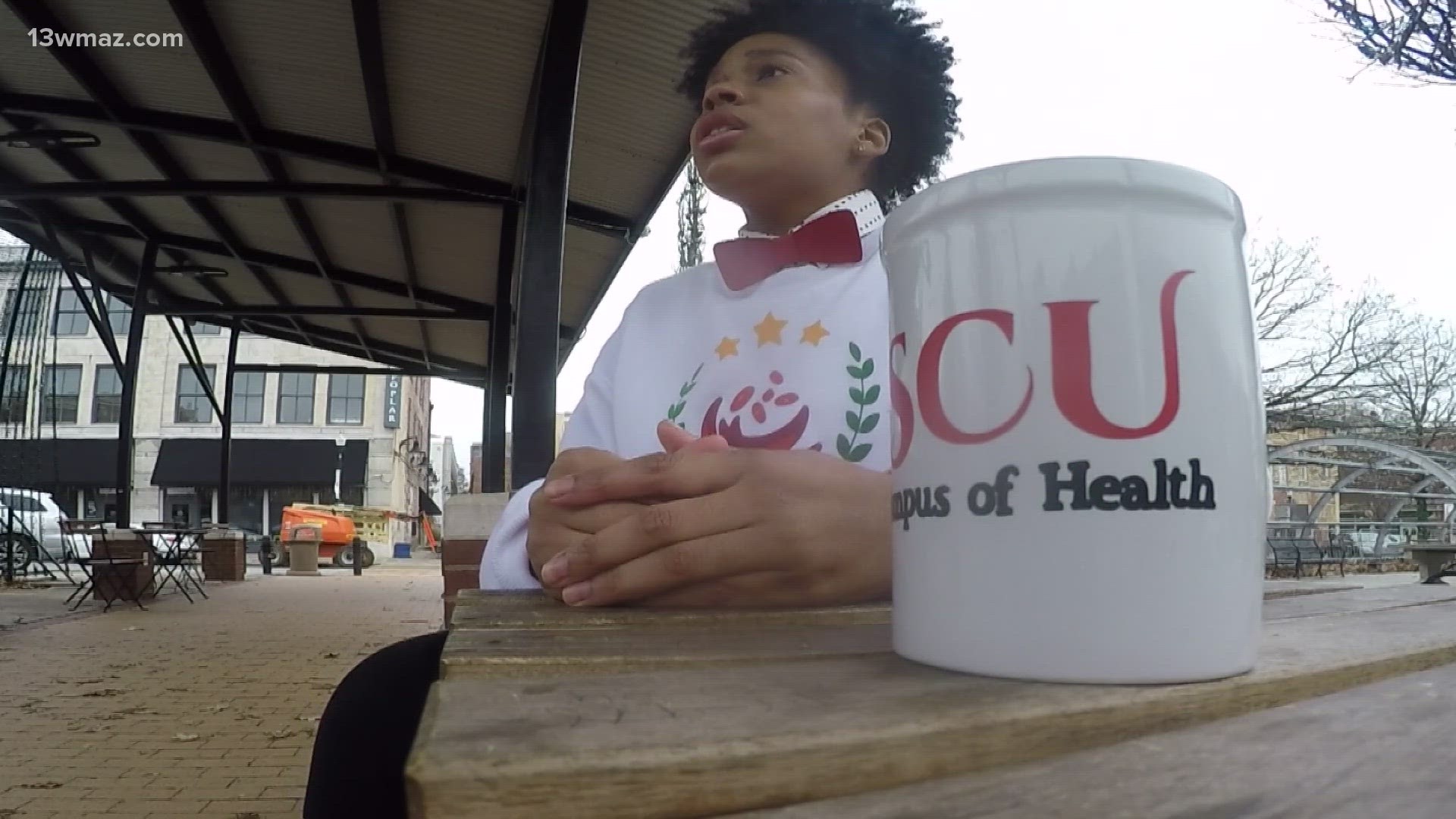MACON, Ga. — A new era of genetic treatment is available to people who live with sickle cell disease, a painful and life-shortening red blood cell disorder that mostly impacts people of color.
The Food and Drug Administration approved the first therapy that uses a gene-editing technique. The process includes removing stem cells and editing them in a lab to increase the amount of a protective form of hemoglobin, the protein that carries oxygen. Then they're put back in the bloodstream.
Shaniya Curtis has lived with sickle cell disease for 26 years.
"I had my first sickle cell crisis at three months," she said.
Curtis, her mother, and brother are part of the roughly 100,000 people who live with the disease.
"It's difficult," she said.
Each crisis can be different. Curtis' legs or hands may swell, and it creates long-term problems.
"You deal with sepsis. You deal with TIA's and strokes. You have organ failure due to these crises you have over the years," Curtis said.
Since December 2022, Curtis has been in the hospital more frequently. On each visit, she's bedridden for around three weeks. Her last crisis was one of the worst.
"September 1, I would end up having my second stroke," she said.
This time she got a blood exchange transfusion, where 40% of her blood was removed. Curtis says it's a physically and emotionally draining process.
So, a new possible cure gives her hope.
"It's exciting," she said.
However, after 26 years she has bodily damage and she says she needs a hip replacement.
"There aren't too many cures out there for fixing damaged organs unless we're on the waiting list to get a liver replacement, or kidney replacement or spleen. Sometimes they don't even focus on spleen. So it's like how do we fix those problems first?" Curtis said.
The gene therapy costs around $2 million. Curtis says this is not accessible to all families.
"I don't have $1 million, I don't have $2 million, but I have faith," she said.
She's using that faith, and inspiration from her and her family's sickle cell journeys to start the non-profit Sickle Cell University. They will provide resources, fellowship and mobile clinics.
She plans to open on World Sickle Cell Day, June 19.
"We're a home base. We're a beacon of hope for sickle cell patients and family members," Curtis said.
She says they will provide doctoral references and hope to add to the study of sickle cell.
"We're also about research and looking for different ways to fix the damage, it has caused already," she said.
The one-time gene therapy treatments would be available to people 12 and older.

